Teeth grinding treatments in Far Headingley
Up to 80% of people clench or grind their teeth. Are you one of them? If so, our team in Leeds is here to help.


"By far the best dentist I've been to! I'm usually terrified of having treatment done but Rob makes the whole experience pleasant and relaxed, let's you take breaks if you need them and makes sure you are definitely numb before going ahead! The reception staff are so friendly and welcoming too! Would definitely recommend this practice to nervous dentist goers like me!!"


Ease the grind to protect your smile

What is teeth grinding?
Teeth grinding, or bruxism, is a condition where a person clenches, grinds, or gnashes their teeth, often unconsciously and often at night, during sleep.
It can also occur during periods of stress or anxiety. Teeth grinding can lead to various dental problems and discomfort.



For many people teeth grinding takes place at night and can increase during stressful periods. Long term this can lead to broken fillings and crowns, pain, tooth wear, limited movement of the jaw joint, migraines and headaches. Tooth wear can then lead to sensitivity and an unsightly appearance.
Simple bite guards can be made from taking a mould of your teeth. The mould is sent to our local dental laboratory to make a guard to wear at night. This involves two visits, one week apart - one for the mould and one to fit the bite guard. The bite guard will prevent further tooth wear.


For patients who also suffer from added symptoms of clenching and grinding, including headache, migraines, jaw and facial pain, neck pain, these symptoms can be resolved with a different type of splint called a Sleep Clench Inhibitor.
The body’s immune system fights the bacteria as the plaque spreads and grows below the gum line. The bacteria start to break down the bone and connective tissue that hold teeth in place. The bone, gum, and tissue that support the teeth can be damaged irreparably and the teeth may eventually become loose and have to be removed.


Frequently asked questions about teeth grinding
What causes bruxism, or teeth grinding?
Common causes include stress, anxiety, misaligned teeth, sleep disorders, excessive caffeine or alcohol intake, and certain medications.
How can I tell if I grind my teeth at night?
Many people don’t realise they grind their teeth until a partner hears it or a dentist notices signs of wear on the teeth. Frequent headaches, jaw pain, and waking up with sore teeth can also indicate bruxism.
Can teeth grinding damage my teeth?
Yes, prolonged grinding can wear down enamel, cause tooth fractures, increase sensitivity, and even lead to tooth loss
Can teeth grinding go away on its own?
Mild cases may resolve naturally, especially if stress-related. However, persistent grinding should be addressed to prevent long-term damage.
Should I see a dentist for teeth grinding?
Yes, if you experience persistent jaw pain, headaches, or tooth damage, our Far Headingley dentists can assess the severity and recommend appropriate treatment.
Book an appointment
If you’re experiencing jaw pain, headaches, or worn teeth from grinding, our team at Leeds Wellness Dental Implant & Aesthetics Care can help. Book an appointment today to discuss personalised solutions and protect your smile.








